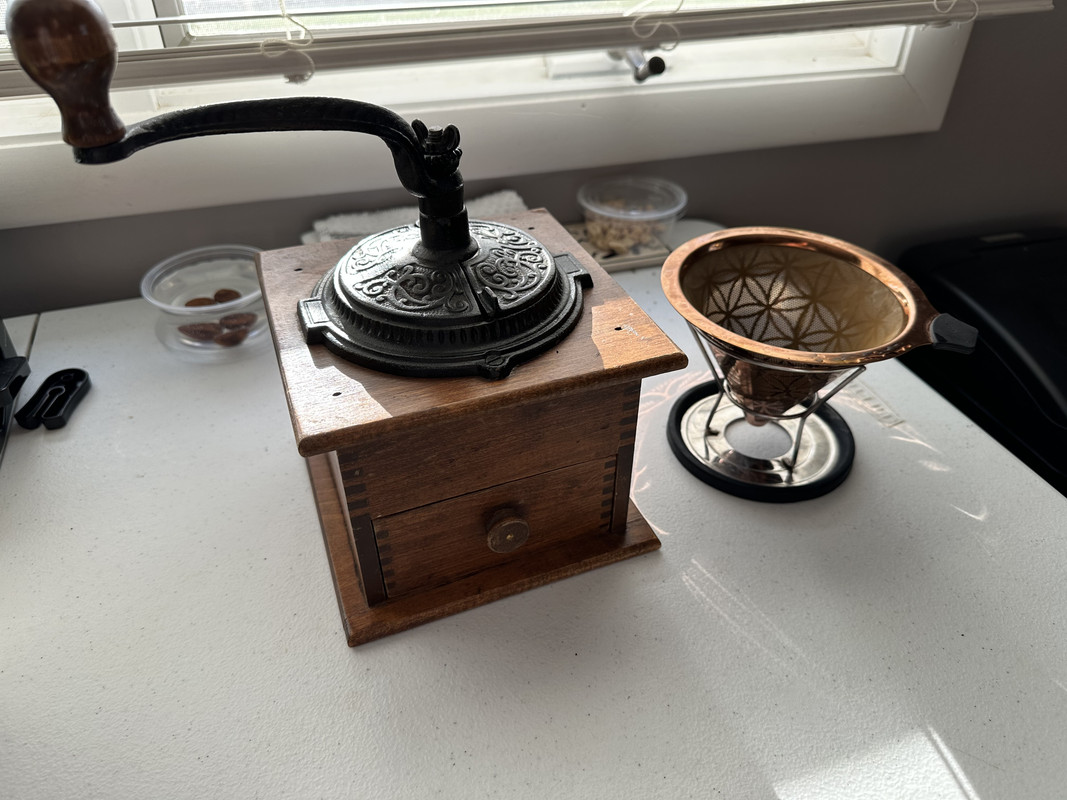I mentioned to someone how I think there should be more hands-on learning in schools and he told me to look up Waldorf schools. Very interesting to say the least. Rudolf Steiner had very unique philosophies, some very weird or outright morally questionable, but some that I think were an appropriate reaction to the “thinking in the box” that is often dolled out in school.
The parts I agree with are that kids are taught engagement with crafts (eg, carving), music and creativity, an inquisitive exploration (reminds me of the Socratic approach), and an adaptive progression of subject matter that is based on the students’ individual levels. It reminds me a lot of the origins of the liberal arts being the skills a free person needed to engage the world, which included music and logic/rhetoric.
The parts I don’t really agree with are the pseudo-spirituality, the pseudo-science, and the racist parts of Steiner’s theory. I think I would need to do a thorough investigation of the specific school before I would consider sending my student there, but the philosophy definitely seems to meet some needs of students that are otherwise under-developed in the current school systems.
What are your thoughts?



I would argue Arctic is the best iOS app. It is smooth, has the features I value like custom theme support and gif scrubbing, and developer had been responsive in fixing bugs and adding features when possible. !arctic@lemmy.world
I'm new to trying Android apps but Eternity has been my main one with Raccoon being pretty solid too.